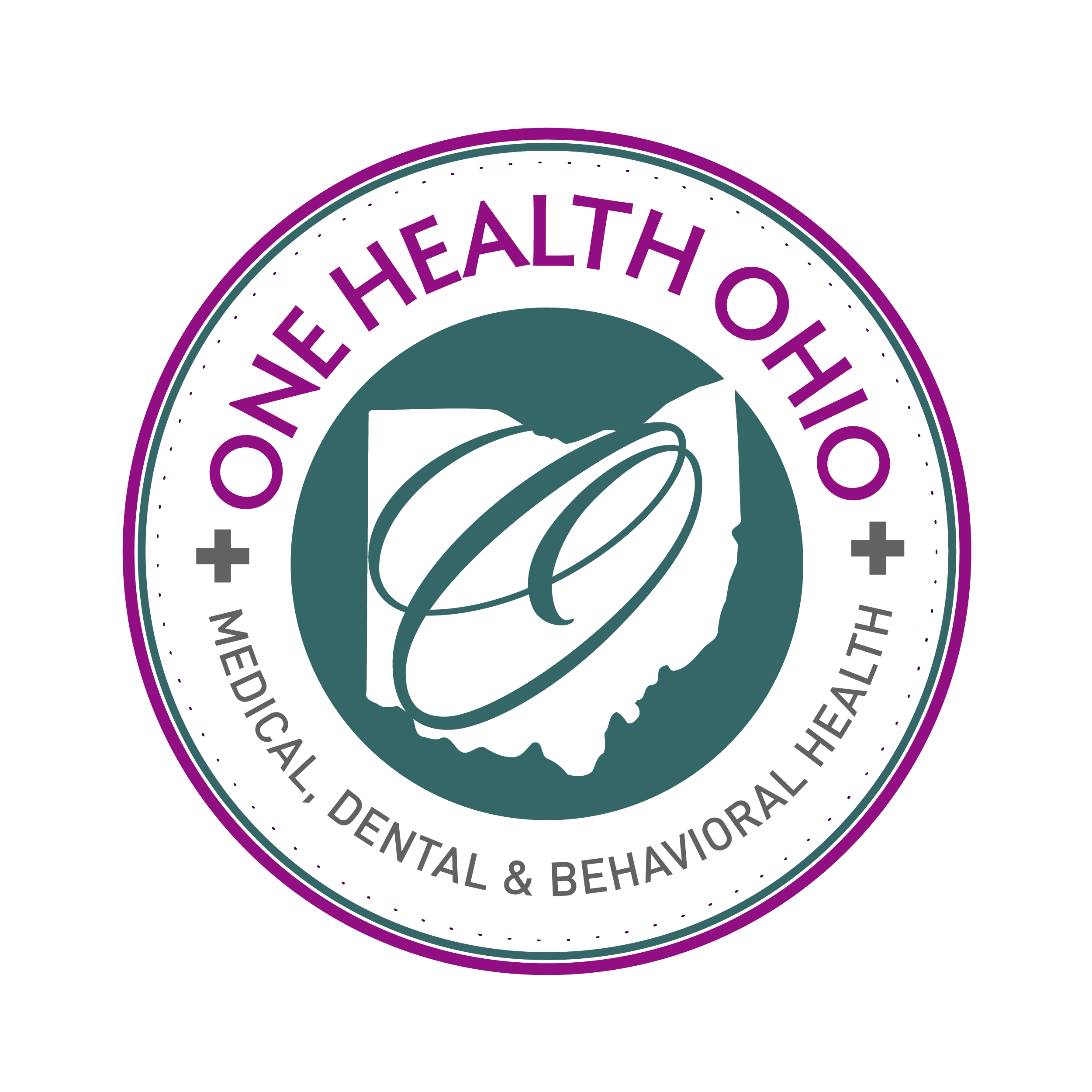
The ONE Health Ohio’s clinical Perinatal Mental Health Counselor can help you cope with emotional difficulties and challenges that can occur during and after pregnancy.
Services Include:
- • Depression, anxiety and mood disorder during and after pregnancy
- • Adjustment difficulties
- • Postpartum stress and birth trauma
- • Treatment for substance abuse and addiction during and after pregnancy through RISE Recovery
- • Coping with miscarriage and loss
- No matter what the need is, we are here to help! Our counseling professional is trained not only to help the mom and baby, but also the whole family. To learn more about the services offered or to schedule an appointment, contact 1-877-722-3303

There is no more vulnerable time for mothers, fathers, and children than during pregnancy and postpartum, emotional concerns and the need for support is higher than any other time in a woman’s life. Perinatal depression is the most under-diagnosed obstetric complication in the U.S. (AAP, 2019)
What causes PPD?
There is not an exact know cause for Prenatal and Postpartum Depression. According to the March of Dimes possible causes include:
- Genes. Genes are parts of your body’s cells that store instructions for the way your body grows and works. Genes are passed from parents to children. Depression is more common is people whose family members have depression.
- Changing hormone levels after pregnancy. Hormones are chemicals in your body. Some help control your emotions and mood. During pregnancy, your body has higher levels of the hormones estrogen and progesterone. But in the first 24 hours after giving birth, these hormones quickly go back to their normal levels. This rapid drop in hormone levels may lead to PPD.
- Low levels of thyroid hormones. The thyroid is a gland in your neck that helps your body use and store energy from food.
- Some other possible causes are: Unplanned Pregnancy, A Traumatic Delivery, Preterm birth, Lack of Support, Complications during pregnancy, unmet expectations of how motherhood would be and having a history of previous mental health concerns.
- Postpartum Depression is usually used as the Umbrella Term. However, there are other types of psychological and emotional problems that can occur in pregnancy and in the postpartum period. Symptoms of adjustment difficulties, anxiety, irritability, obsessive thoughts, and compulsive behaviors can first occur without depressive symptoms.
- Perinatal and Postpartum Anxiety and Mood Complications occur in every culture, age, income level, and ethnicity.
- 15-21% of pregnant women may experience moderate to severe symptoms of anxiety and depression and they usually do not resolve without treatment.
- 21% of women experience major or minor depression following childbirth. Women of lower income and teens have rates up to 61%. Symptoms differ for everyone, and may include feelings of sadness, fear, anger, guilt, lack of interest in the baby, difficulty concentrating, and disturbances in sleep and appetite.
- 9% of women experience Posttraumatic Stress after Childbirth. Symptoms typically include a Traumatic childbirth experience with a re-experiencing of the trauma, avoidance of the things that remind one of the event, irritability, being easily startled, and flashbacks of the events.
Women that struggle with an opiate use disorder and become pregnant are faced with significant challenges when attempting to engage in treatment, prenatal care and preparing to care for a baby. These women represent a particularly vulnerable population with high rates of traumatic experiences and even greater rates of concurrent mental health conditions, psychosocial needs, and the need for basic resources. The systems of care for substance use treatment, mental health care, and obstetric care are often not equipped to manage the complicated and unique needs of this population, leaving most with insufficient or absent care. Here at RISE more responsive and patient centered care is able to be provided and this specialized populations needs are able to be understood and met on all levels. The following guidelines are evidence that the mother’s needs will be consistently assessed and there will be a continued effort to facilitate the coordination of care of all entities. It is in these defined values and efficacy of our practices that we can embrace and support the mother and infant and help both of them to have quality of life, wellbeing, and spirit.
Benefits of Medication-Assisted Treatment during pregnancy:
- Reduces stress on the fetus caused by withdrawal from short acting opiates, like heroin and pain pills.
- Decreases the risk of overdose to the mother and potential harm to the fetus.
- Decreases the risk of infections and/or exposure to diseases like Hep. C & HIV.
- Reduces the mother’s engagement in unsafe practices to obtain drugs.
- Increases the likelihood that the mother will receive prenatal care.
- Increases the chance of the baby developing to full term and being born at a healthy weight.
